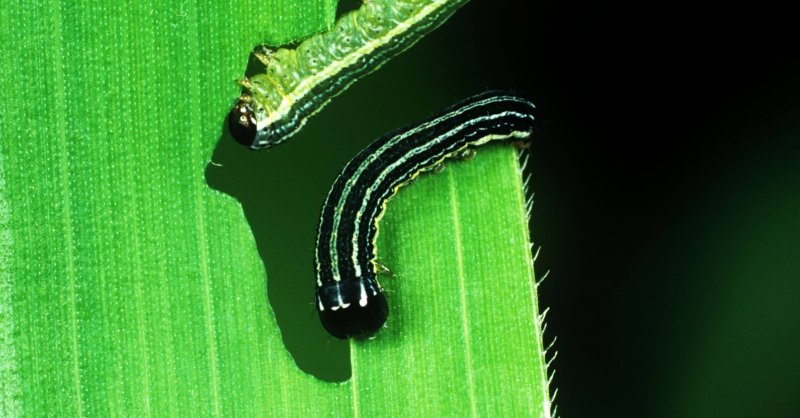Arthropods crop pests are responsible for 20% of global annual crop losses, a figure predicted to increase in a changing climate where the ranges of numerous species are projected to expand.
At the same time, many insect species are beneficial, acting as pollinators and predators of pest species.
For thousands of years, humans have used increasingly sophisticated chemical formulations to control insect pests but, as the scale of agriculture expanded to meet the needs of the global population, concerns about the negative impacts of agricultural practices on biodiversity have grown.
While biological solutions, such as biological control agents and pheromones, have previously had relatively minor roles in pest management, biotechnology has opened the door to numerous new approaches for controlling insect pests.
However, while biotechnology may provide multiple options for novel methods of pest control, many products will require regulatory systems that, for some products and regions, may not yet be in place. Additionally, they will require the support of growers and consumers for which open dialogues, including the potential of new technologies to contribute to social progress, will be beneficial.































